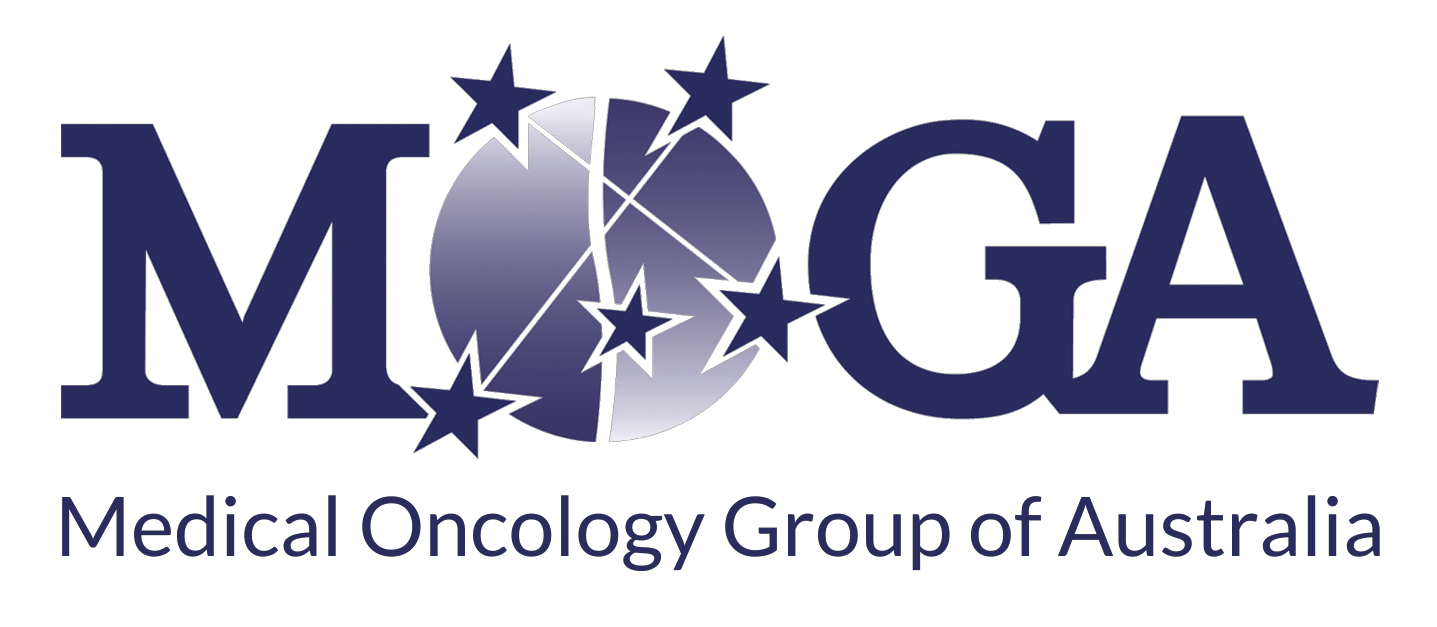Updated guide to help patients understand out-of-pocket medical costs
The Australian Medical Association has released an updated guide to informed financial consent, providing patients with information that will empower them to discuss costs with their doctor before undergoing medical procedures.
Developed with the support of 30 medical colleges and associations, the Informed Financial Consent Guide provides patients with the financial health literacy they need to have discussions with their doctor about out-of-pocket costs.
The IFC guide has helped thousands of doctors introduce best practice informed financial consent processes in their practices.
AMA President Dr Danielle McMullen said dialogue between patients and doctors about fees for medical services is essential to help ensure patients understand and consent to the fee for a medical service.
“Medical practitioners also need to take responsibility for ensuring patients are aware of their fees and should promote open discussions with patients about health care costs,” Dr McMullen said.
“Providing information to patients about costs of their treatment is sound ethical, professional and business practice.
“It shows respect for patients and their rights and ensures the patient is aware of any likely out-of-pocket costs and the financial implications of medical services.”
The AMA has been working to support doctors to improve their informed financial consent practices, to educate the public, and to inform the policy debate.
The updated guide also refers to the Australian Government Medical Costs Finder website, encouraging members to publish indicative fees and any gap arrangements for select services.
The Informed Financial Consent (IFC) guide includes:
an Informed Financial Consent Form for doctors and patients to use together
information on fees and medical gaps
questions for patients to ask their doctors about costs.
The AMA acknowledges the following medical colleges, associations and societies that have supported and co-badged the guide:
Australasian Association of Nuclear Medicine Specialists
Australian and New Zealand Society for Vascular Surgery
Australian Society of Ophthalmologists
Australasian College of Dermatologists
Gastroenterological Society of Australia
Royal Australian and New Zealand College of Psychiatrists
Australian and New Zealand Association of Oral and Maxillofacial Surgeons
Australian and New Zealand Head and Neck Cancer Society
Australian and New Zealand Society of Cardiac and Thoracic Surgeons
Australian College of Rural and Remote Medicine
Australian Diagnostic Imaging Association
Australian Doctors Federation
Australian Rheumatology Association
Australian Society for Ultrasound in Medicine
Australian Society of Orthopaedic Surgeons
Australian Society of Otolaryngology Head and Neck Surgery
Australian Society of Plastic Surgeons
Cardiac Society of Australia and New Zealand
Council of Procedural Specialists
General Surgeons Australia
Medical Oncology Group of Australia
Medical Surgical Assistants Society of Australia
National Association of Practising Psychiatrists
National Association of Specialist Obstetricians and Gynaecologists
Neuromodulation Society of Australia and New Zealand
Royal Australian and New Zealand College of Ophthalmologists
Royal Australian College of General Practitioners
The Thoracic Society of Australia and New Zealand
Urological Society of Australia and New Zealand
Australasian College of Sports and Exercise Physicians
Contact: AMA Media: +61 427 209 753 media@ama.com.au
